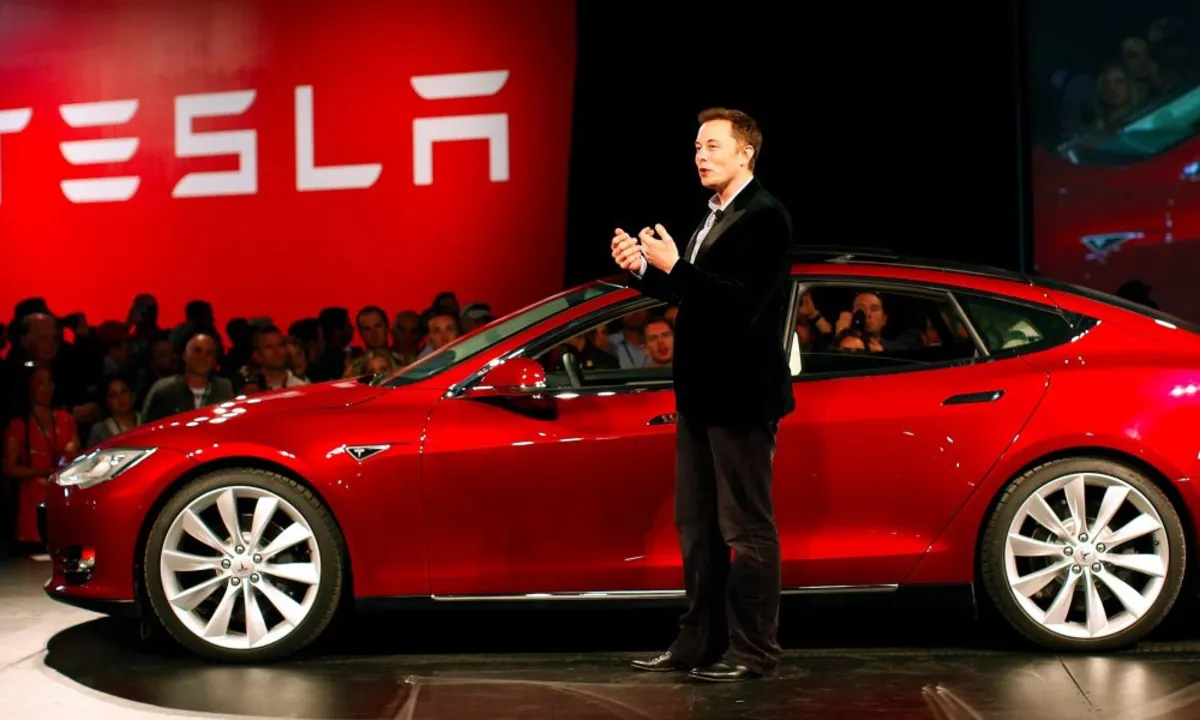
The Tesla Board of Directors officially revealed a new compensation plan for CEO Elon Musk yesterday. The board believes that securing Musk's long-term commitment is “critical” for the company's future. In their recent proxy filing, the Board addressed Musk’s political involvement, indicating a desire to focus the company's energies on innovation rather than political distractions. This decision comes as part of a broader strategy to align Musk's interests with Tesla’s ambitious goals and future growth.
The newly proposed pay package could potentially reward Musk with up to $1 trillion if he meets a series of challenging performance targets. These targets are designed to enhance Tesla's standing as a leading automaker, energy provider, and innovator in the fields of Robotics and AI. The Board's rationale for this significant compensation structure is to motivate Musk to drive Tesla’s valuation up to an unprecedented $8.5 trillion.
Four primary factors influenced the Board's decision to implement this substantial pay package. First, it aims to secure Musk’s commitment to Tesla by offering a pathway to increased ownership—if he fulfills all performance tranches, he could hold around 27 percent ownership of the company. Second, the Board expressed a desire for Musk to develop the latest iteration of Tesla's Master Plan, which was unveiled last week. Third, they emphasized the need for a comprehensive framework for long-term succession planning that involves Musk’s active participation. Finally, and perhaps most importantly, the Board sought assurances that Musk would reduce his engagement in the political sphere in a timely manner.
Musk's connection to politics, particularly his ties with former President Donald Trump, has raised concerns among many stakeholders. He served as the Head of the Department of Government Efficiency (DOGE) and acted as a Special Advisor during Trump's administration. While the exact impact of Musk's political associations on Tesla's sales remains unclear, the Board is eager to refocus on the company’s core mission: advancing AI, Robotics, and sustainable energy solutions.
In a separate but equally exciting development, Elon Musk announced that Neuralink aims to restore limited sight to visually impaired patients as early as 2026. This update was shared on social media following the company's first successful Telepathy implants outside the United States. Musk revealed that Neuralink is targeting the restoration of vision for completely blind individuals in the near future, leveraging its groundbreaking technology.
The Blindsight project, a part of Neuralink’s brain-computer interface initiative, is designed to restore vision by bypassing damaged eyes and directly stimulating the brain’s visual cortex. Musk expressed confidence that even individuals who have never seen could potentially regain some level of sight. Earlier this year, he mentioned at the Qatar Economic Forum that initial human trials for Blindsight could commence in early 2026, potentially in the United Arab Emirates.
Recently, Neuralink expanded its clinical trials internationally, with two Canadian men becoming the first patients outside the U.S. to receive brain implants. The procedures were conducted at Toronto Western Hospital, marking a significant milestone for Neuralink’s clinical trial program. The patients underwent surgery to receive the Telepathy device, enabling them to interact with technological devices using their thoughts.
The Canadian patients will be closely monitored for at least a year, as researchers aim to assess the safety and quality-of-life improvements associated with the device. The trial will focus on potential side effects and the long-term effectiveness of the implant. As the patients advance from controlling a cursor to typing on a virtual keyboard, the implications of this technology could extend far beyond simple interactions, opening doors to driving cars and operating other devices with mere thoughts.
The new pay package for Elon Musk represents a bold move by the Tesla Board of Directors to ensure the company's continued growth and success. With ambitious performance targets tied to Musk's compensation, Tesla is poised to potentially redefine its market position. Simultaneously, Neuralink's innovations in vision restoration signal exciting advancements in the fields of neuroscience and technology. As both companies push forward, the implications of their achievements could resonate across industries, solidifying their status as pioneers in sustainability and human enhancement.